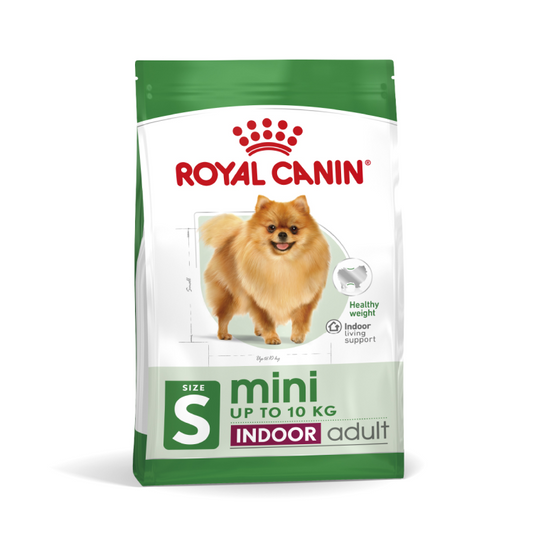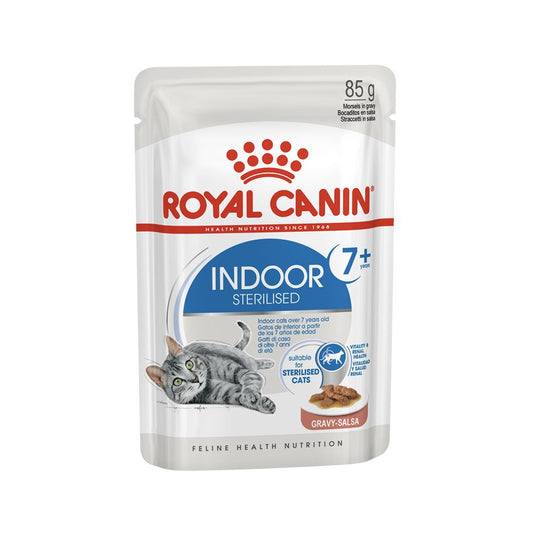Birds, although small and delicate are big on character. Taking care of one can therefore seem like a birden to some owners. Before bringing home a feathery friend, it is thus essential to learn how to take care of them.
Lucky for you, in this blog, we have mentioned 8 easy ways to take care of your pet bird.
These trainable and intelligent creatures are low-maintenance pets if cared for properly. Birds need room to climb, exercise their wings, and fly around. Join us as we eggsplore more simple yet effective ways to keep your bird happy!
|
Table of Contents |
|
How to Take Care of a Bird: 8 Pointers:
Birds are independent animals; if you’re taking them in as a pet, you must ensure their comfort and happiness. Check out these simple pointers to take care of a bird as a pet:

1. Cage Selection
It is advisable to allow your bird to roam freely in your house. However, if you desperately want a cage, consider these points to ensure your feathery friend is comfortable:
- The cage should be big enough to allow your bird to fly freely inside it.
- Do not accommodate a lot of birds in a small cage. Make sure they have enough space to move around freely.
- Choose a cage with large doors or multiple access points to make it easier to clean, feed, and interact with your bird.
- Consider the placement of food and water dishes, ensuring they are easily accessible and not prone to tipping.
Imagine living in one single cage for the rest of your life, and it’s not even clean. Check out the next point to ensure this doesn’t happen to your bird.

2. Hygiene Conditions
Maintaining a hygienic cage for your bird can be challenging. Parakeets are among the easiest birds to care for, heck these points for a hygienic cage:
- Deep clean the entire cage at least once a week, using bird-safe cleaning products.
- Choose safe and non-toxic bedding for the cage bottom. Avoid using cedar or pine shavings, as they can be harmful to birds.
- Some birds produce dust as part of their natural grooming behavior. Regularly clean surfaces around the cage to minimize dust buildup.
- Keep the bird away from household cleaners, insecticides, and other toxic substances. Birds are highly sensitive to fumes and chemicals.
Exercise for your independent-natured bird is important; read the next point to learn how to help your bird exercise daily!

3. Exercise Routines
To ensure your bird doesn’t forget to use those beautiful wings and stay mobile, keep the following in mind:
- If your bird is a species that can fly, provide opportunities for flight within a safe and enclosed space. This helps in maintaining cardiovascular health and overall muscle strength.
- Birds love to climb. Provide perches at various heights and materials for climbing, such as ropes or ladders. This helps in strengthening their leg muscles.
- Consider your bird's age when planning exercise routines. Younger birds may have more energy and require more active play, while older birds may need gentler activities that cater to their changing needs.
- Establish a consistent daily routine for exercise. Birds thrive on routine, and having predictable times for play and interaction can contribute to their overall happiness.
Feeding your adorable and feathery friend might seem easy, but it is complicated without proper research. Check out the next topic on ensuring healthy feeding habits for your new bird!

4. Feeding Habits
Birds require much more than just worms; check out the following points to ensure your pet gets the proper nutrition:
- Ensure a constant supply of fresh, clean water. Birds can become dehydrated quickly, so it's essential to keep their water dish filled at all times.
- The best food to feed birds is bird seeds that is rich in nuts, seeds, berries, and insects.
- Be mindful of portion sizes to prevent overfeeding or underfeeding. Adjust the quantity based on your bird's size, age, and activity level.
- Some foods, like chocolate, avocado and onions, can be toxic to birds.
Birds, being the rulers of the sky, instinctively wish to fly around the free sky and play with their bird friends. Read the next point to make sure your bird doesn’t feel bored inside a cage!
5. Playing Time
Birds require adequate playtime, so keep the following points in mind to ensure they enjoy their time inside the cage:
- Create a designated and safe play area for your bird to explore. Remove any potential hazards, such as toxic plants, electrical cords, or other dangerous items.
- Offer a variety of bird-safe toys that encourage mental stimulation and physical activity. Rotate toys regularly to keep the bird interested and engaged.
- Birds are social creatures, and they thrive on interaction. Spend quality time playing with your bird, whether it's through gentle petting, talking, or playing games.
- Not all birds enjoy the same types of toys or play activities, so tailor your approach to your bird's personality.
Confused about whether your bird needs bathing? Check out the next point about bathing your bird!

6. Grooming Habits
Although birds are self-cleaning animals, you must ensure they stay clean. You must keep the following points in mind to ensure your bird is well-groomed:
- Regularly check the bird's feathers for signs of damage, plucking, or abnormalities. Provide a balanced and protein-rich diet to promote healthy feather growth.
- Keep an eye on the bird's nails and trim them when necessary to prevent overgrowth.
- Consider whether to clip the bird's wings for safety, especially if you have an open and unsecured living space. Consult with a veterinarian or a professional for proper wing-clipping techniques.
- Use safe and bird-friendly grooming products if needed. Avoid products that may contain harmful chemicals or ingredients.
Birds living in cages can suffer from anxiety and depression. Check out the next point about your bird’s mental health!
7. Mental Health Checks
Transitioning from a life of freedom in the open sky to living in a cage gravely affects your bird’s mental health. Learn what to look out for to ensure they are mentally healthy:
- Allow supervised out-of-cage time for exploration and exercise. Ensure the environment is bird-proofed to prevent accidents.
- Handle your bird gently and respectfully, and gradually build trust through positive interactions.
- Maintain a comfortable and stable environment, avoiding extreme temperatures and drafts.
- Minimize exposure to loud noises and stressful stimuli.
Taking your pet to the veterinarian is an important ritual; learn more about it in the next point.
8. Veterinary Visits
To ensure your bird is healthy and stable, keep the following points about veterinary visits in mind:
- Locate a veterinarian who specializes in avian medicine. Birds have unique health requirements that may differ from those of other pets, so it's crucial to find a vet with experience in avian care.
- Discuss with your veterinarian the appropriate vaccinations and preventive care measures for your specific bird species. Some birds may require vaccinations against certain diseases.
- Schedule regular checkups to monitor your bird's health. The frequency of these visits may vary depending on the bird's age, species, and health status.
- Pay attention to your bird's behavior, droppings, feather condition, and overall appearance. Any changes could be indicative of health problems, and it's essential to report them to your veterinarian.
Bringing in a new pet bird can be scary, and we understand if you have some questions. Check out the answers to some of the frequently asked questions listed below!
FAQ: Learn How to Take Care of a Bird
What is the average lifespan of a pet bird?
The lifespan varies by species, but many pet birds live 5 to 15 years, with some larger species reaching 20 years or more.
Do birds need a cage?
Yes, birds need a cage for their safety and well-being. It provides a secure environment, shelter, and a space for essential activities.
Do birds need soap?
No, most birds do not need soap. They maintain their plumage through preening. Water misting or bird-specific bathing methods are preferable.
Do birds pick a favorite person?
Yes, birds often form strong bonds and may have a favorite person. Social interaction, positive reinforcement, and spending time together strengthen these relationships.
Conclusion:
In conclusion, mastering how to take care of a bird involves embracing the responsibility of catering to their physical, mental, and emotional needs. From selecting an appropriate cage to providing engaging playtime the well-being of these feathered companions demands careful attention.
Understanding their unique behaviors, dietary requirements, and the importance of mental stimulation is crucial for fostering a harmonious relationship.
Remember, Maryam's Pet offers a range of quality products to enhance your bird's comfort and happiness. By following these comprehensive guidelines, you can embark on a fulfilling journey of companionship with your avian friend.





